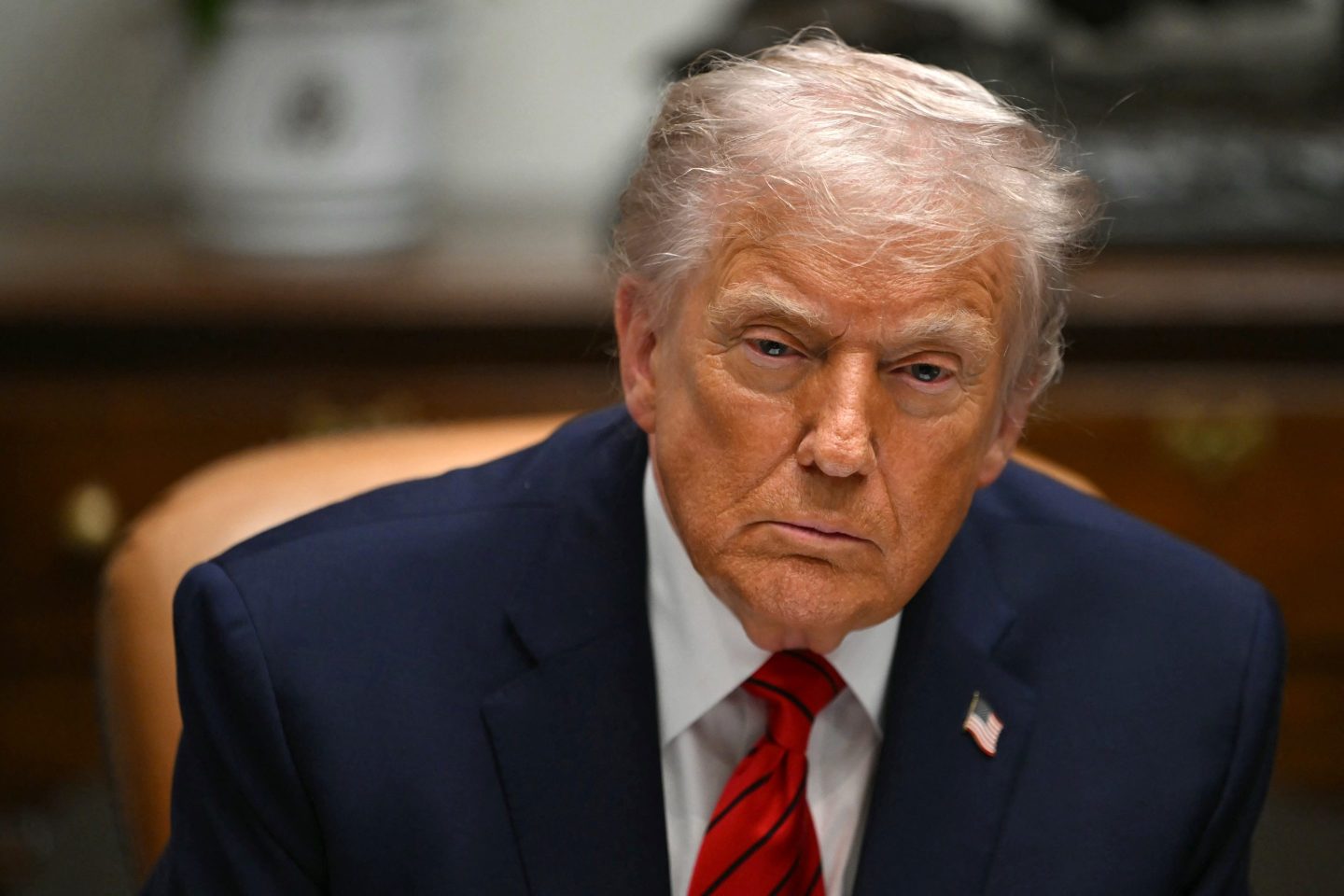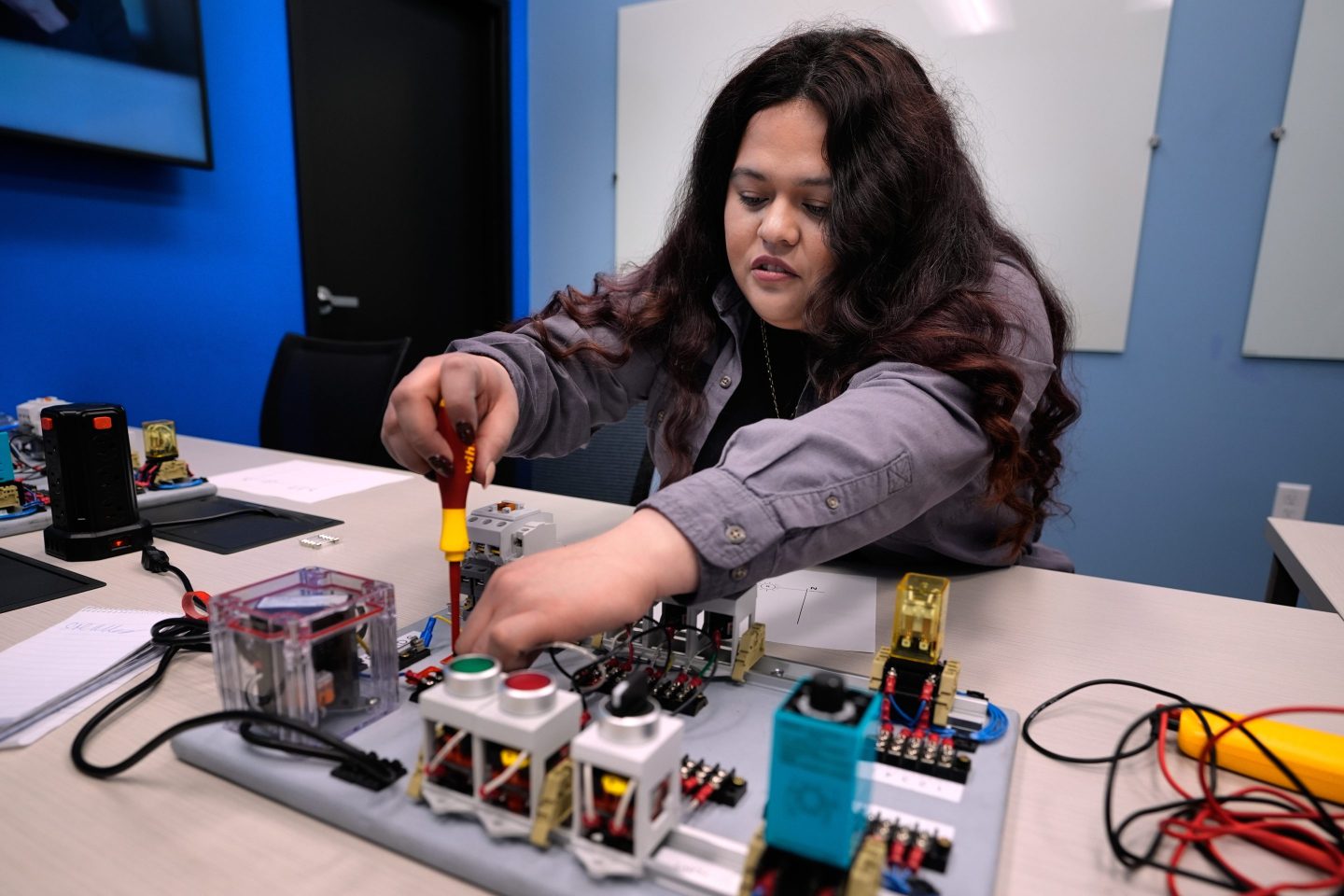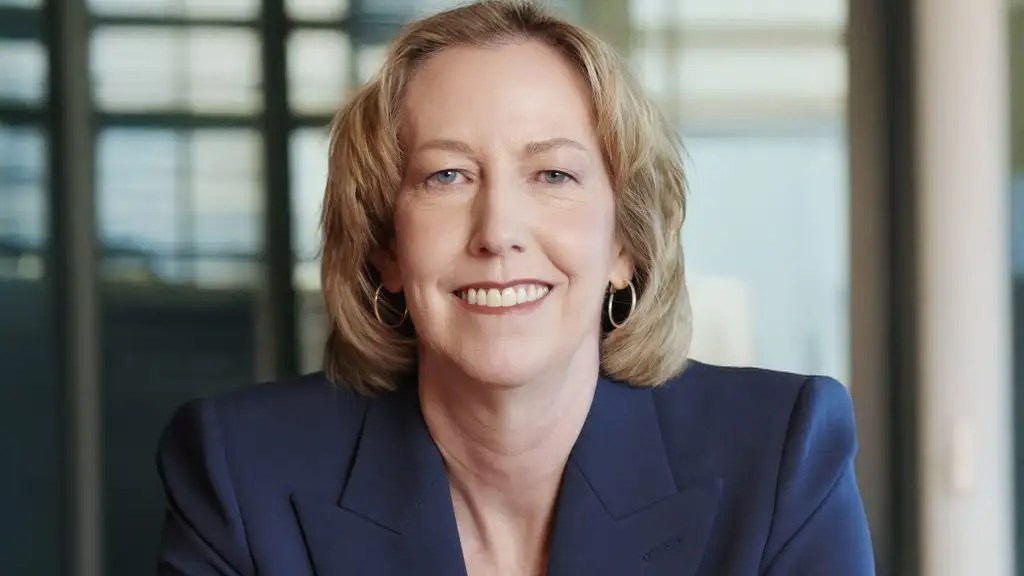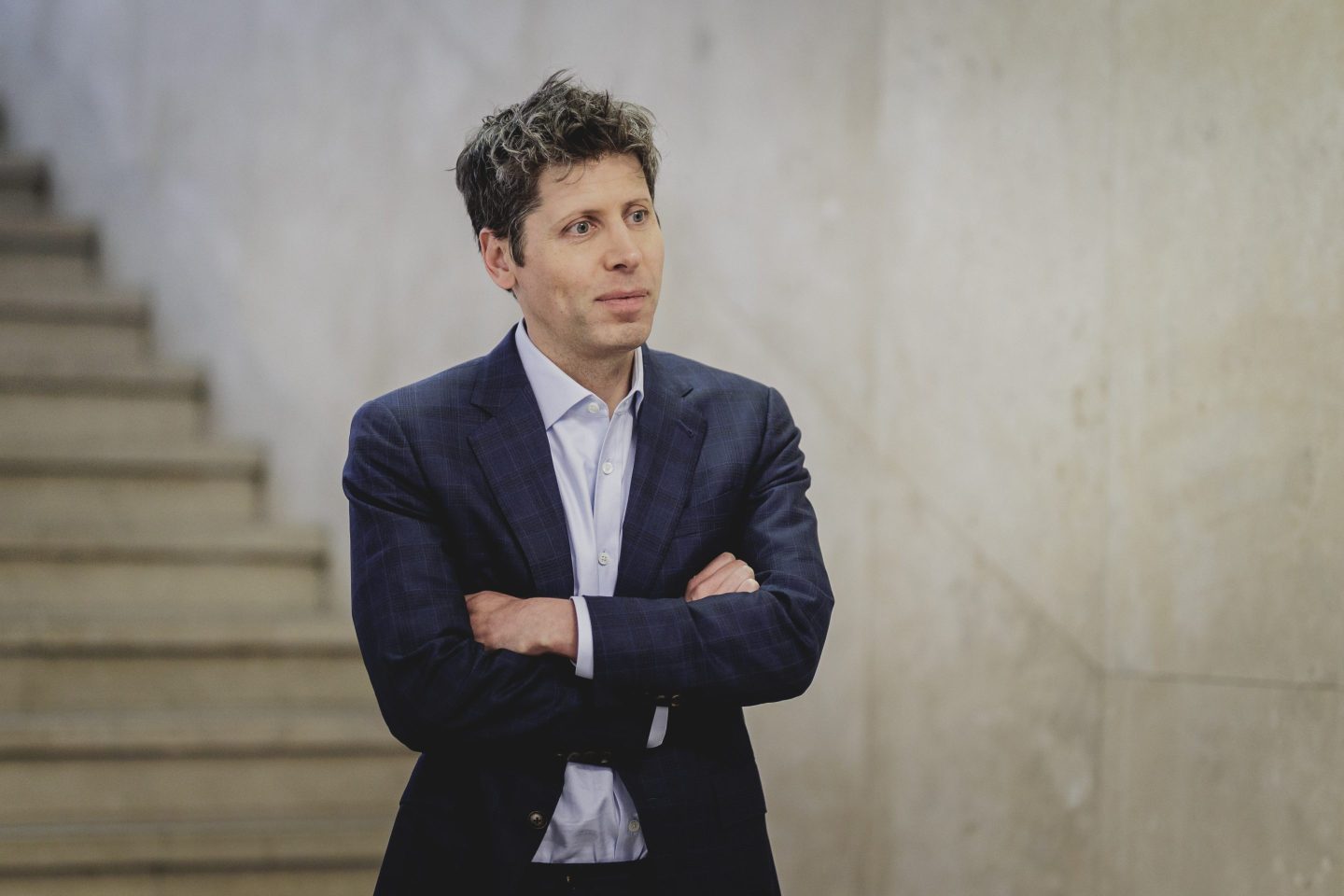Good morning.
Growing up in Sweden as the son of Polish immigrants who struggled to find work, Klarna CEO Sebastian Siemiatkowski had a fraught relationship with money. “That was always the topic at hand,” he says. “We don’t have money for this, and we don’t have money for that.”
That helped inspire him to cofound a ‘buy now, pay later’ fintech company in Stockholm in 2005. It’s now a global payments network and shopping assistant that reaches more than 550,000 merchants and 150 million consumers. Klarna has also been an early mover in using AI to trim everything from staff numbers to marketing costs.
In this week’s episode of Fortune’s Leadership Next podcast, Michal Lev-Ram and I spoke with Siemiatkowski about his evolving business model, leadership philosophy, and close relationship with Sam Altman and others at ChatGPT parent OpenAI.
What I found especially interesting was how he’s brought the lean manufacturing techniques of the “Toyota Way” to the world of fintech. That includes creating autonomous teams that are encouraged to “participate in the development improvement process on a daily basis.” He sees a lot of similarities with automakers when it comes to dealing with concerns around security and quality.
Now, he dreams of helping create a world of real-time personalized financial services. “You wake up in the morning and your digital financial system says, ‘Hey, I’ve analyzed your mortgage and I realize you’re overpaying by ten bucks a month. I can make the switch on your behalf. The only thing you need to do in order to get a better mortgage rate is say yes.’”
It’s the kind of seamless experience that’s made his BNPL payments model so beguiling, too. But one benefit of friction is that it can force a person to pause before making impulsive financial decisions, big or small.
He aspires to make the company a payment network, just like Visa, MasterCard, and Amex. “We see a huge opportunity to create a better experience.” Listen to the episode on Spotify or Apple Podcasts to find out how.
More news below.
Diane Brady
diane.brady@fortune.com
Follow on LinkedIn
TOP NEWS
The rise and fall of Jump Crypto
Jump Trading, the venerable Chicago-based high-frequency trading firm, is getting its name dragged through the mud due to its involvement in the crypto space. According to the SEC, Jump secretly helped Terraform Labs prop up its stablecoin in 2021, making $1 billion in the process; Terraform’s coin still collapsed a year later. Jump is now retreating from crypto, a blow to the firm as the industry recovers from last year’s crypto winter. Fortune
Is Amazon’s NBA deal a slam dunk?
Amazon is reportedly close to signing a deal with the NBA to carry basketball games on its Prime Video service. Live sports–one of the few remaining instances of appointment viewing–could help Amazon bolster its advertising revenue. But Fortune’s Jason Del Rey suggests that basketball could be a sweetener to encourage customers to keep their Prime accounts, as Amazon battles competitors like Walmart and Temu. Fortune
Financial rally
Finance, rather than tech, is at the forefront of the S&P 500’s recent rally. Investors are looking to diversify from the “Magnificent Seven” tech stocks. And last year’s banking crisis, which sank Silicon Valley Bank and First Republic, ironically may be helping the big banks. The U.S.’s aggressive response is now giving investors more confidence that there will be help in times of trouble. Fortune
AROUND THE WATERCOOLER
Costco stock falls despite membership fee increase, strong sales report by Greg McKenna
Commentary: The death of the Chevron doctrine complicates U.S. lawmakers’ efforts to regulate AI—but there’s another way by Dewey Murdick and Owen J. Daniels
Gen Z want to live in expensive cities—instead of moving to the outskirts, their parents are paying their rent by Orianna Rosa Royle
Gen Xers are close to retirement—but most don’t feel they can afford it by Alicia Adamczyk
Book excerpt: How scammers from Bernie Madoff to SBF use our fantasies to manipulate our brains by Leslie Zane
This edition of CEO Daily was curated by Nicholas Gordon.














